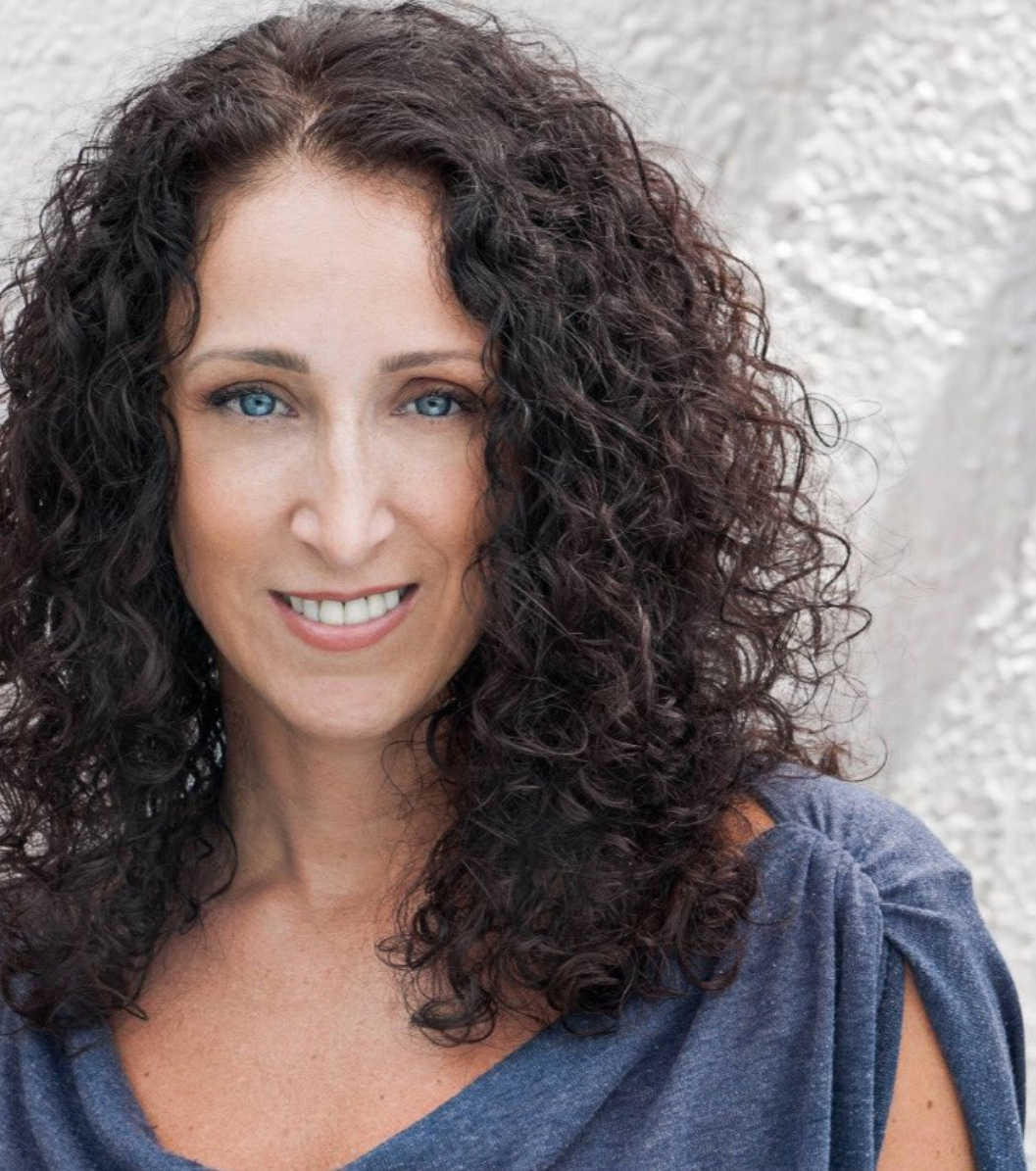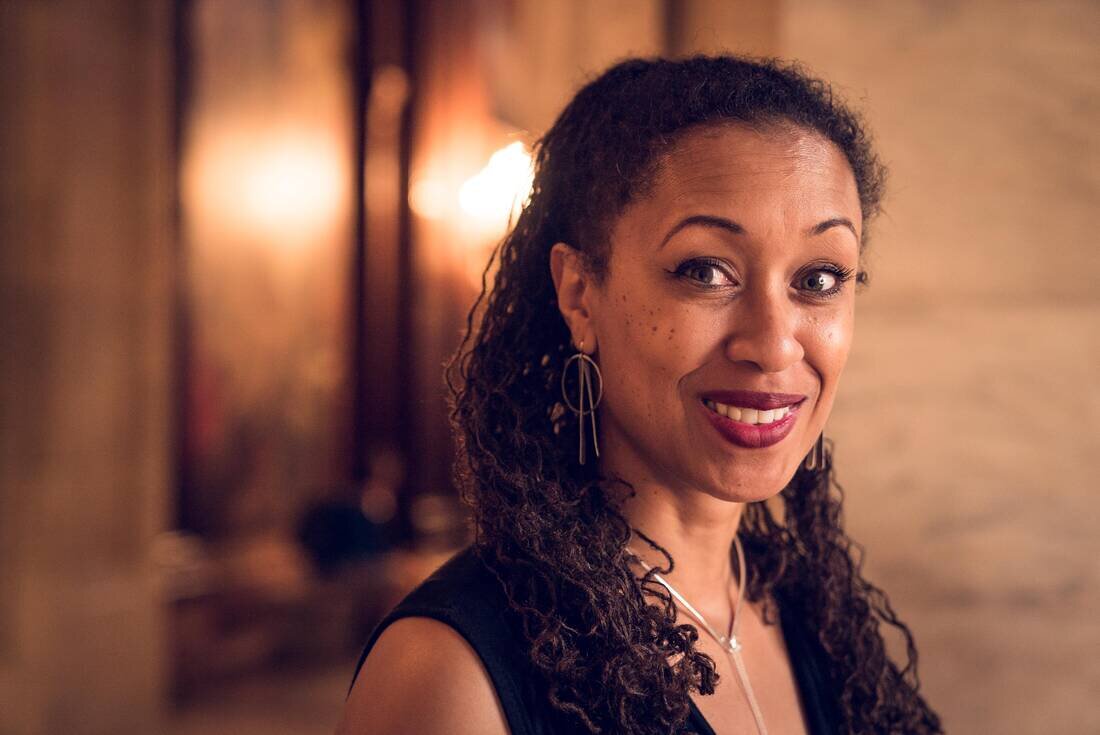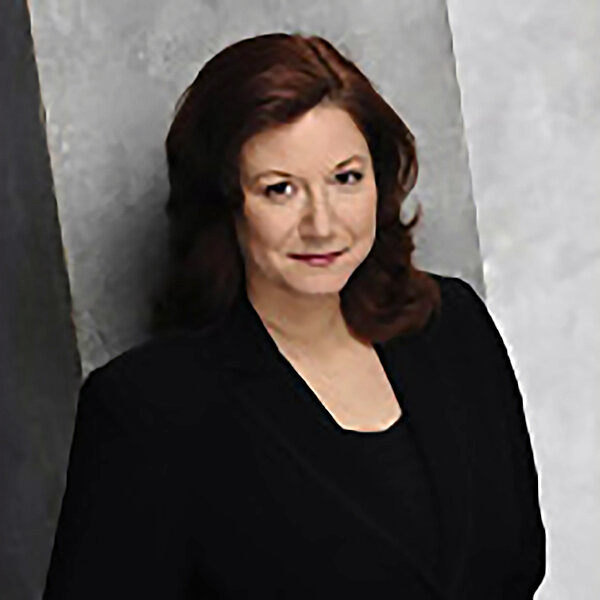Women Are Hilarious. Inequality Is Not: Interviews with Three Women Comedy Veterans
photo credit: Tim Mossholder, via Unsplash
In comedy, the spotlight is quite literally a spotlight. It is also an access point. The amount of stage time and the frequency of appearances directly impact a comic’s ability to make money as a performer. More exposure can result in more recognition, social media followers, fans, and more booking appeal for club owners. More exposure and attention can mean more opportunities to build relationships with managers, agents, and bookers, and casting directors and more opportunities to access larger stages such as theatre, film, and television.
But like every other industry, there are challenges for women comics.
Lori Sommer, an industry veteran, shares her experiences and describes how she took on the challenges of being a woman in stand-up and took action to change the status quo.
When I started stand-up twenty years ago, it was common practice to put only one woman in a show. I made a vow to do all I could to help change that norm. In addition to performing I started producing shows where I had control of the lineup. I created the first feedback open mic. I ran New Talent Shows and became an assistant teacher. Now I manage West Side Comedy Club with other women.
A lot has changed over the past two decades. The wants and needs of audiences have changed. Of course they want funny comics; but they know that funny comes in different genders, ethnicities, religions, and sexual identities just like they do. Clubs have a responsibility to create diverse lineups for their audiences. I give thanks for the great women in comedy that came before me. I owe it to them, and all those that come after me to continue knocking down doors.
As Lori describes, audiences are diverse. They want to see performers that they can relate to, and they also want to see artists who bring a new perspective.
Many comics are ‘slashies. They are creative and performing artists with multiple talents: comedian / actor / singer / dancer / writer / producer / director. There are also multiple types of comedy: stand-up, improv, sketch, musical, and burlesque. There is an inherent diversity in the art form, and there needs to be greater diversity in the artists who are placed in the spotlight. We want to encourage the comedy community to put more women on stage more often, for more minutes, and for more hours.
Leighann Lord, officially a VeryFunnyLady and Winner of the 2019 Humanist Arts Award, shares her insight into the history and the progress in the comedy industry.
As a woman in general and specifically as an African American Woman, I’ve often been the ‘Highlander’ on stand-up comedy shows. That’s a reference to the 1986 fantasy film where the main character’s tagline is, ‘There can be only one.’ Yes, things have improved — usually due to the views, attitudes, and varied relationships of the people booking shows. If they have an open and inclusive perspective, that will be reflected in the talent they respect, call on and use. But it’s still not uncommon for me to be “the only one” on a show, even on a virtual stage.
The good news is, math and mindset are in our favor. In the last 20 years I’ve seen a steady increase in the number of women entering the field and audiences have changed as well. They are less tolerant of comedy lineups that don’t reflect them.
The reality is, the bench of talent is deep, and it delivers. If you put five, seasoned Black female comics on a stand-up stage, you will get five different types of energy, points of view, material, and hilarious performances. Audiences deserve more than just one.
Our collective mass appetite for content is an opportunity for women to take the stage and the spotlight much more often. Traditional obstacles are quickly breaking down. Speakers and performers can now find stage time in a wide variety of digital ways. Podcasts, talk shows, radio shows, and online networking events are eager for speakers, performers, and talented guests. Bookings to shows are still achieved through relationships and networking, but the access to people and platforms is easier and quicker now.
Beginners and pros alike can land spots on the many virtual shows, and open mics are open to all. Social media is both a stage, and a marketing tool. Comedy groups on Facebook, and women’s comedy groups in particular, are valuable for networking. Travel time and late-night shows have historically been significant barriers to entry. With the virtual comedy scene, this barrier is virtually gone, late night shows still take place, but there are now plenty of weekday, midday, early evening, and weekend shows. Local comics can go national and international online. Dedicated women’s mics and shows are a wonderful way to make new friends, share advice and feedback, and support each other. They are also intelligent, insightful, and hilarious!
There are still a disproportionate number of all-white male lineups and guests, so we’re going to keep our eyes and ears on them and encourage them to change. The new socially distanced outdoor shows reflect a new opportunity for diversity. They also pose a risk for going backwards. Let’s use them to create a new comedy scene that is truly diverse and inclusive.
A comedy veteran, Carole Montgomery is a performer, writer, producer, and Creator/Host of Funny Women Of A Certain Age. Unwilling to accept sexism and ageism, she has made space on stage for herself and for other women:
When I started out in the early 80's it was a rare sight to see a woman on a stand-up comedy show. It's always been a boys’ club. Even though there are many more women in stand-up today, it still remains one. My first spot at Pip's Comedy Club in Brooklyn, someone yelled to me to "get off stage and make sauce" as if being a woman was only to be there to serve a man. Forty years and many, many shows later I created Funny Women Of A Certain Age, an all female comedy show that was the number one comedy special on Showtime in 2019. The show was such a hit we did a second special that aired in March 2020. Proving the audience WANTS to see funny women. So slowly but surely the tide is changing.
Lori Sommer put it best when she said:
Women are funny. Women have always been funny. But just like every other profession, we have been underrepresented, and undervalued. Unfortunately for them, whomever "them" are, we’re not accepting that as the norm anymore. Twenty years ago, clubs would only book one woman per show because they thought that’s all the audiences wanted or could handle. Now audiences complain if there is only one woman on a show. That’s some serious progress of jumping hurdles, kicking open doors, breaking glass ceilings, and not taking no for an answer. I can’t wait to see what the next twenty years bring!
These women take action and take the stage not only to create opportunities for themselves but also to create opportunities for other women, people of color, and diverse talent of all types. It’s fortunate for the future of comedy that we funny women are taking the stage in greater numbers than ever before.
So, before you go, remember to tip your servers, because whether on a corporate stage, comedy stage, or virtual stage, women deserve to be recognized, and rewarded, for our talents.





